
x
Köszönjük a regisztrációt!
Hamarosan küldjük Önnek a visszaigazolást a megadott e-mail címre.
Addig is, kérjük ossza meg oldalunkat az alábbi lehetőségek egyikén, hogy minél többen értesüljenek a rendezvényünkről!
An international forum for leaders addressing interconnected crises, systemic challenges, the imperative for a new approach, collaborative solutions, and adapting to inevitable consequences.
Press Release











Discover reality beyond illusions.
Grasp the real pace and extent of changes.
Understand the intricacies of complex systems.
Acknowledge the limits to economic growth.
See how nature shapes human systems.
Trace the links between power and ecology.
Learn why our world is rapidly changing.
Face the consequences of transformation.
Initiate timely actions for preparation and adaptation.
Click on the picture!

Netherlands
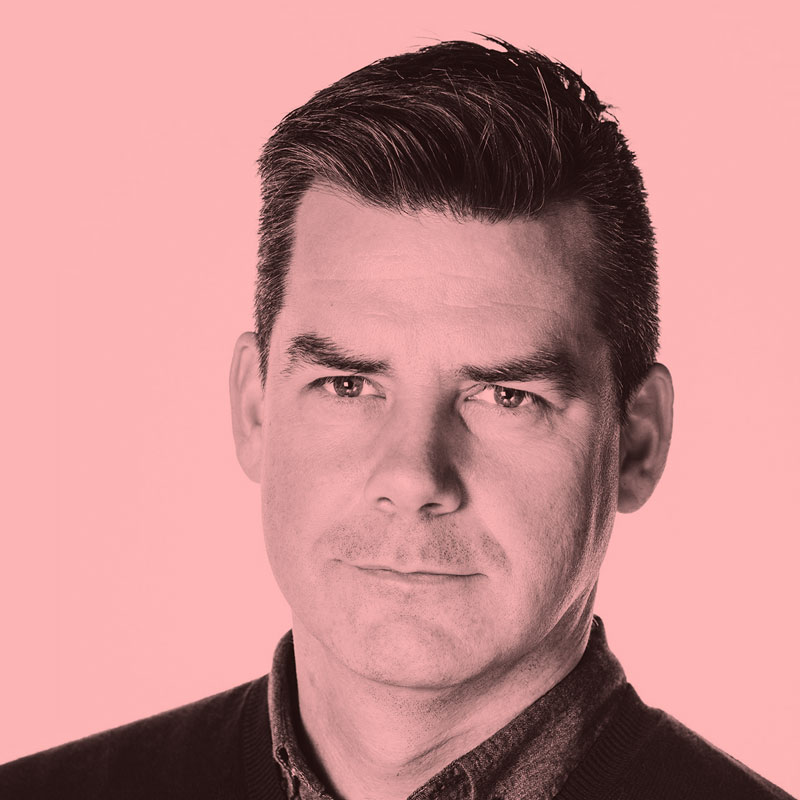
United Kingdom
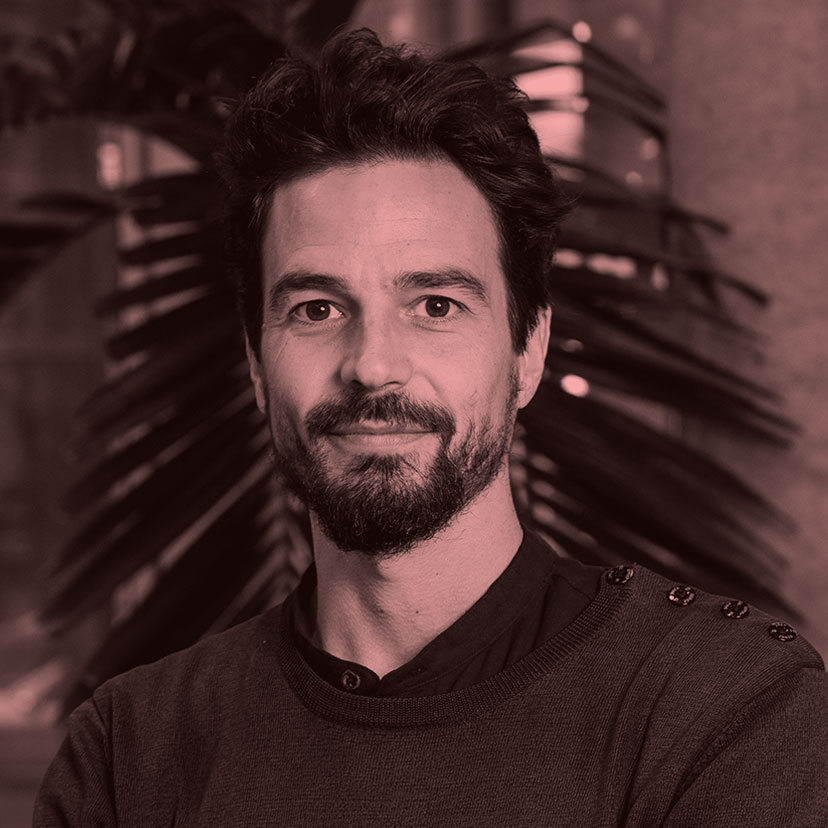
France
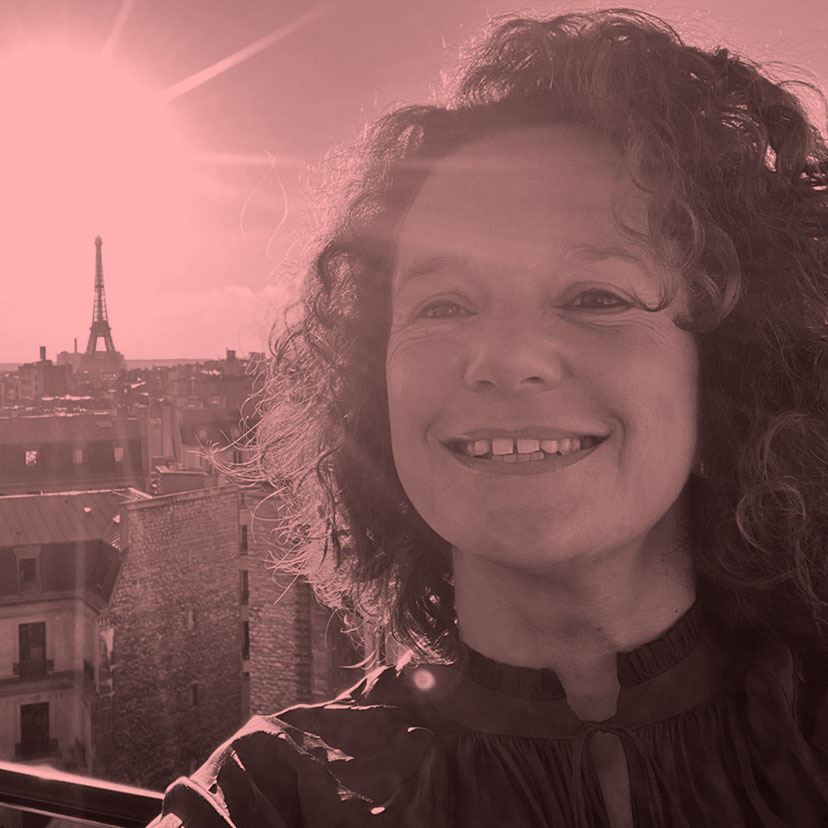
France
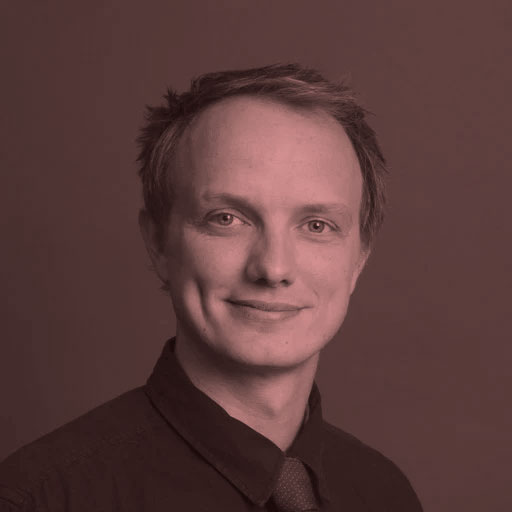
Netherlands
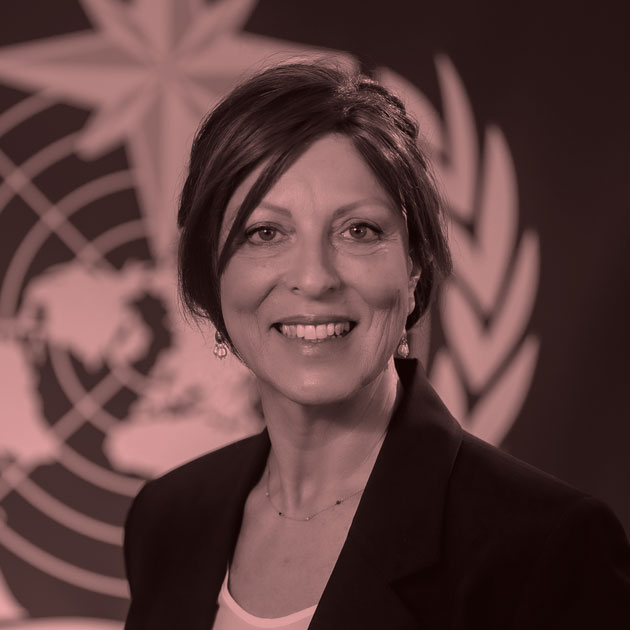
Switzerland

Greece
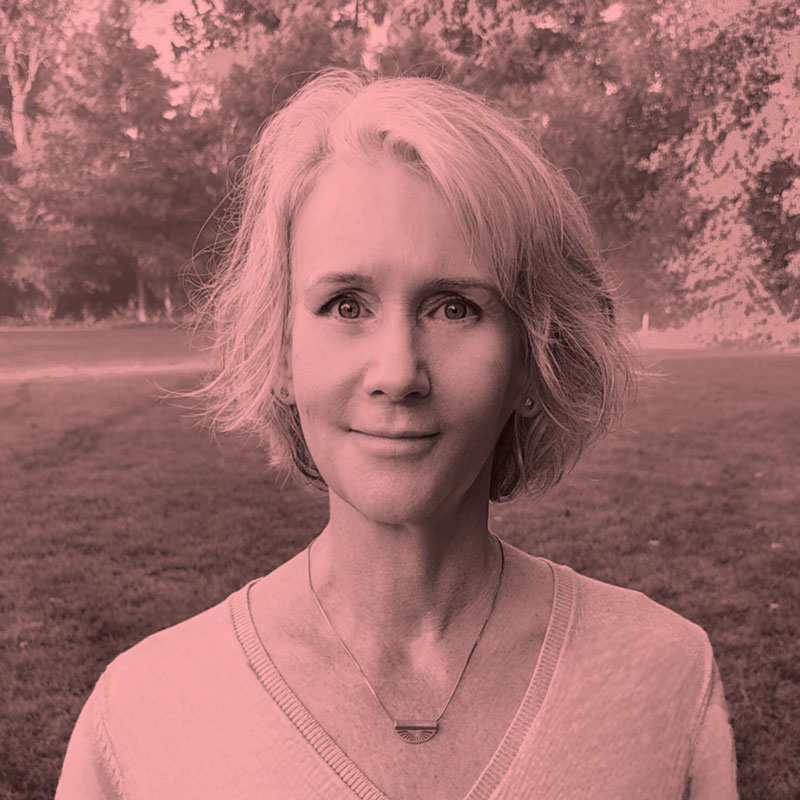
United States

Sweden
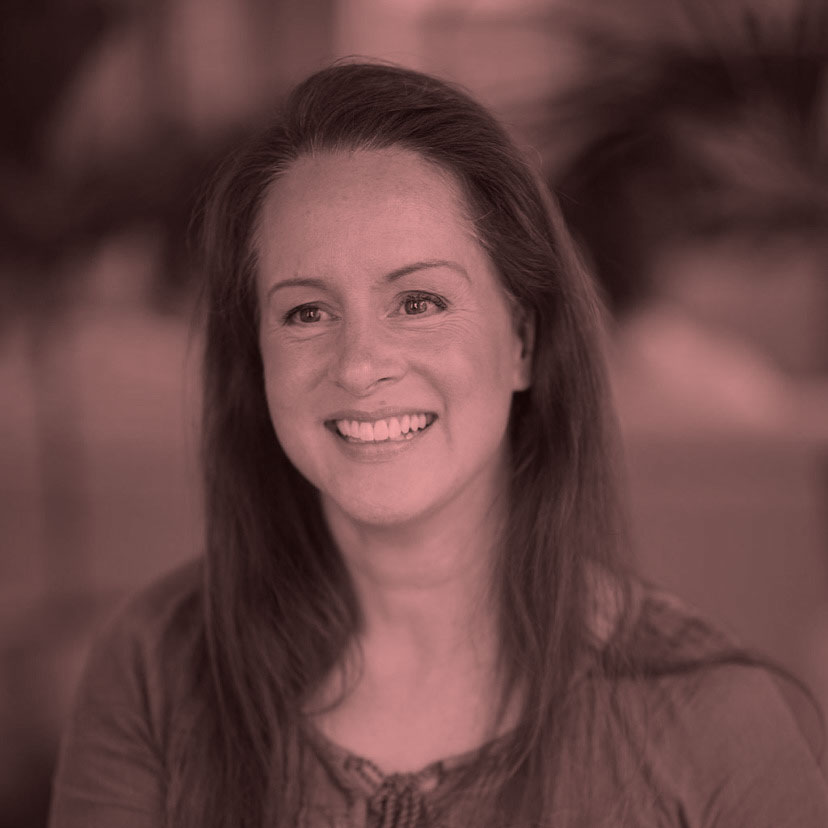
Netherlands
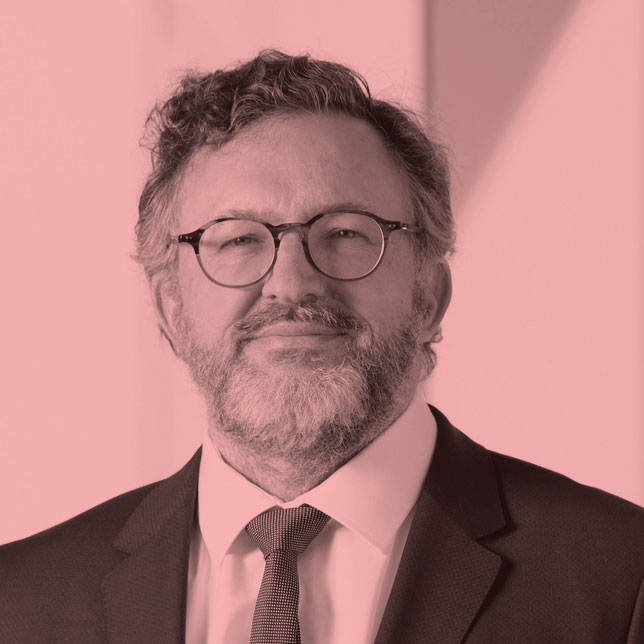
Netherlands
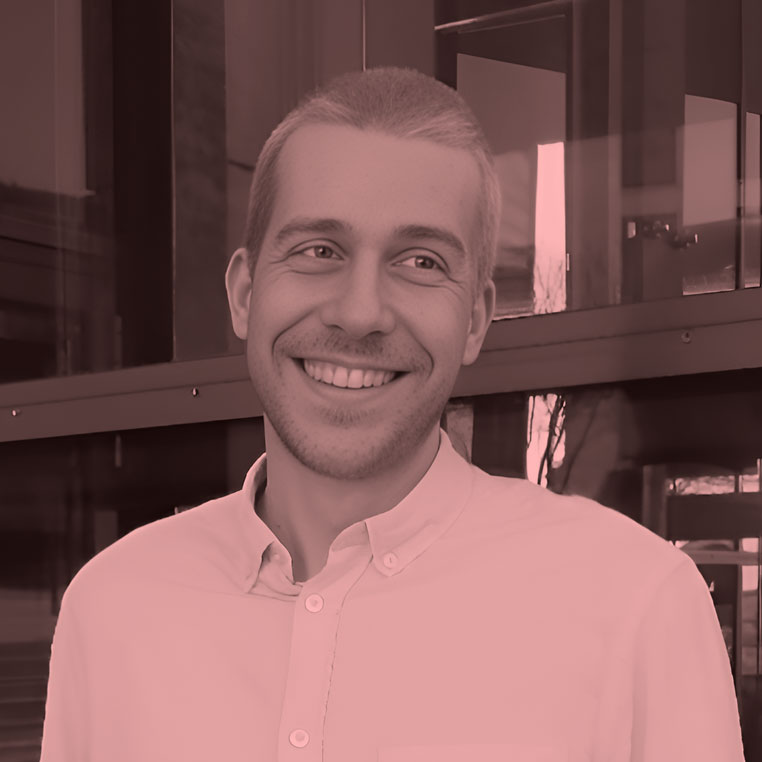
Germany
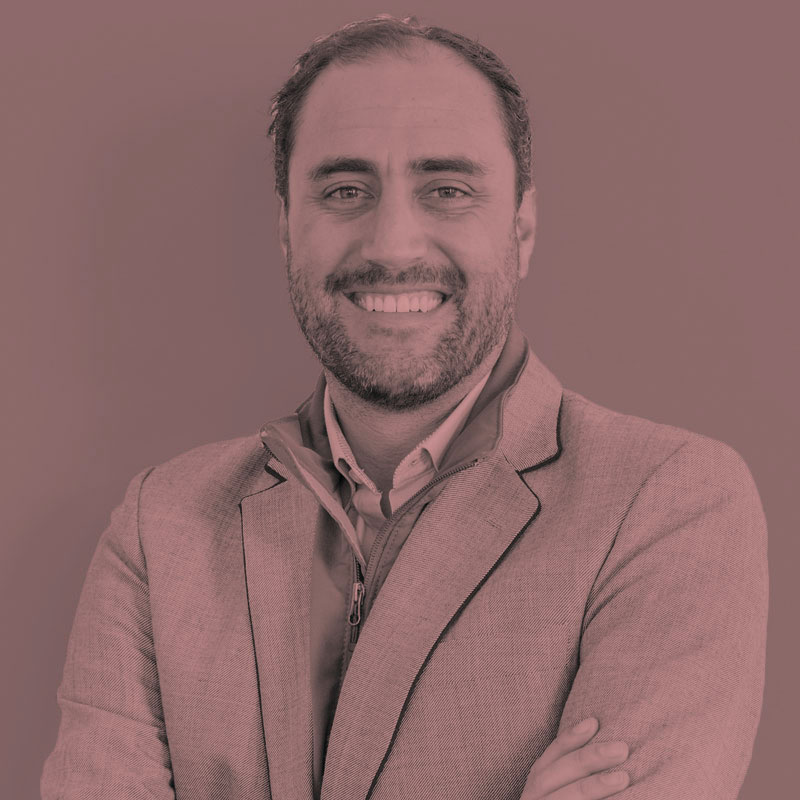
Germany
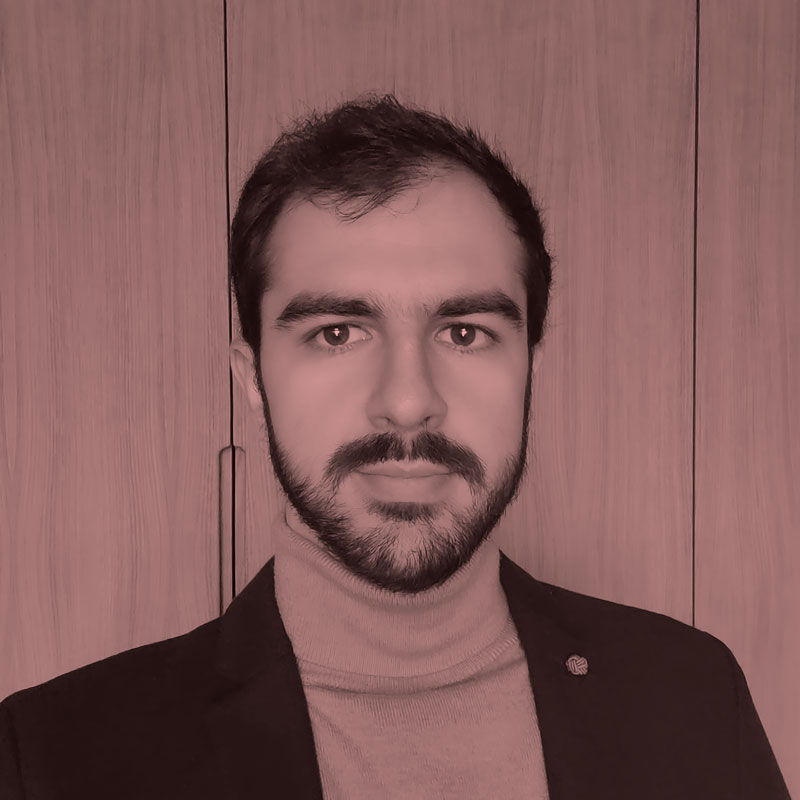
Spain
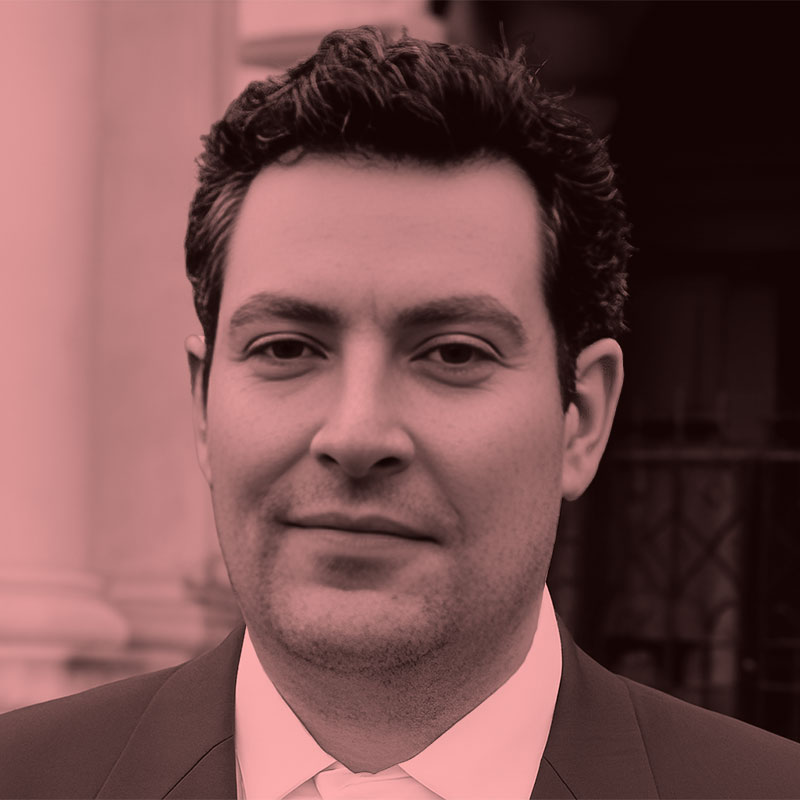
Ireland
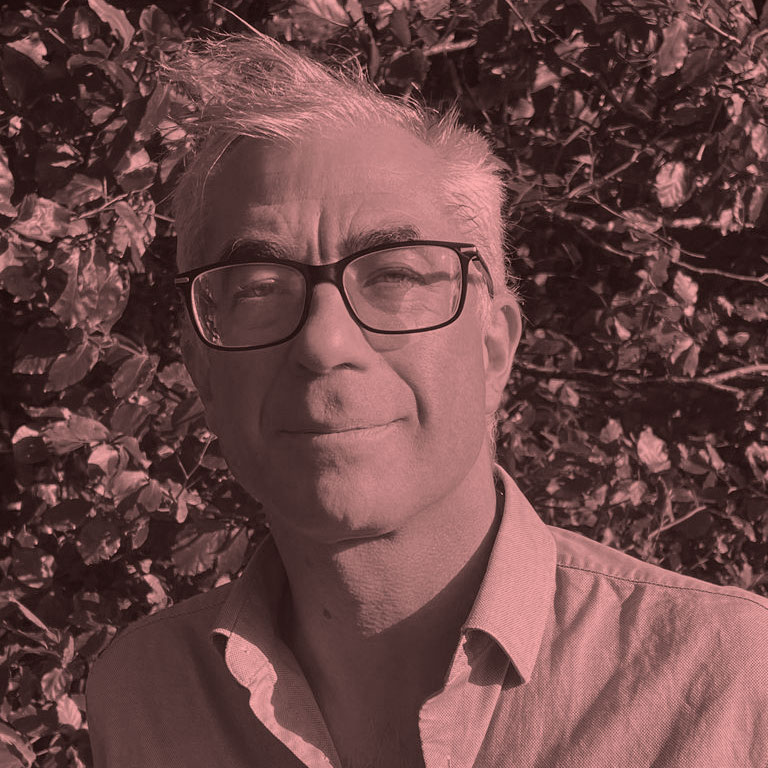
Ireland
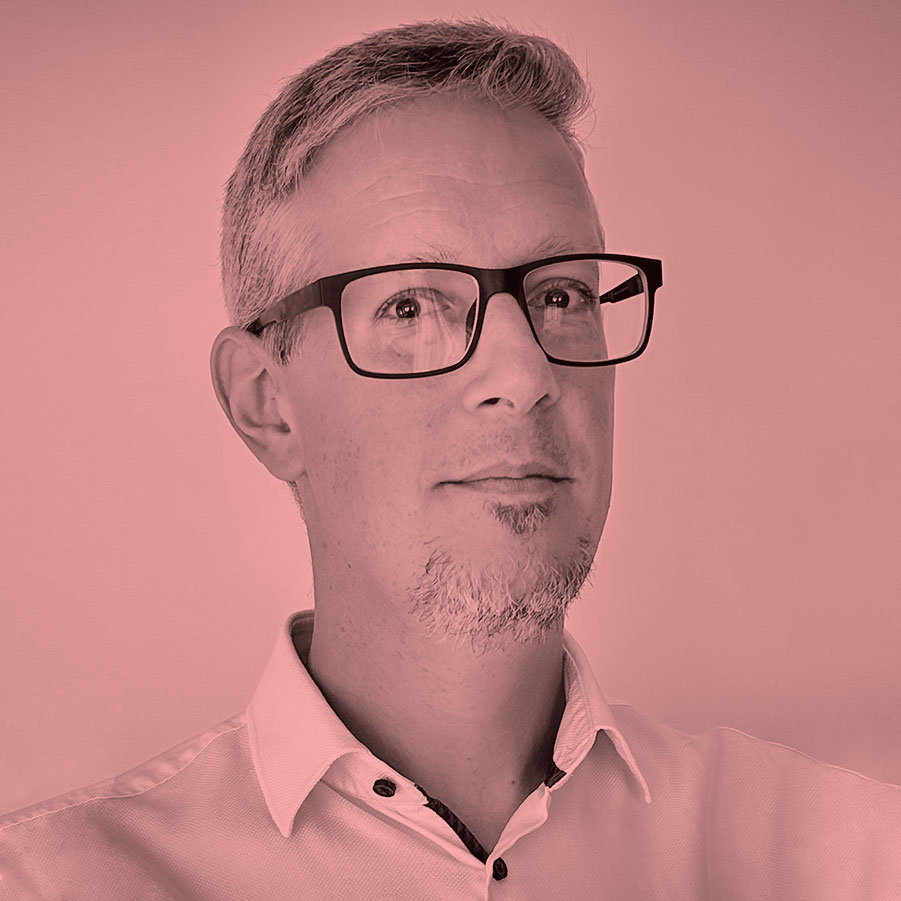
Hungary
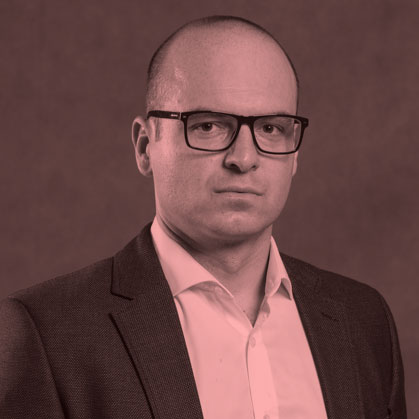
Hungary
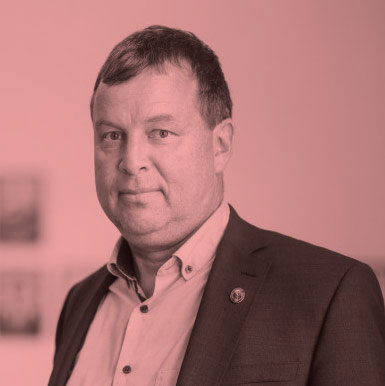
Hungary
depletion of non-renewable resources
overexploitation of renewable resources
health and physiological impacts of polycrisis
projected changes in climate systems
impact of the global food and water crisis
amortization and degradation of the built environment
illusion of sustainability and unlimited energy
energy-economy-finance interdependency
systemic challenges of the age of uncertainty
unsustainability of economic growth
imperatives of organizational adaptation
possibilities for individual and collective preparedness
DAY 1 – 23 April 2026, Thursday – Venue: Hamvas and Atrium Hall
| TIME | PROGRAM |
|---|---|
| 08:00 – 09:00 | Registration |
| 09:00 – 09:15 | Opening |
| Balázs Stumpf-Biró – Initiator, Cassandra Program | |
| 09:15 – 10:45 | Plenary Session I. – Climate Unraveling at Planetary Scale |
| Francis Ludlow – A Climate for Collapse: Lessons from Past Civilisations | |
| Roberta Boscolo – Facing the Unavoidable: Climate Acceleration and Adaptation | |
| Leon Simons – Beyond Known Climate: Adapting to Unprecedented Change | |
| 10:45 – 11:00 | Coffee Break |
| 11:00 – 12:30 | Plenary Session II. – The Collapse of Economic Myths |
| Gaya Herrington – Limits to Growth Revisited: Lessons for Resilience Today | |
| Wim Naudé – Guns, Oil and Oligarchs: Modern Capitalism Consuming Itself | |
| Danilo Brozović – The Fate of Societies: Is Collapse Truly Inevitable? | |
| 12:30 – 13:45 | Lunch Break |
| 13:45 – 15:15 | Plenary Session III. – Societies in Deep Fracture |
| Florian Ulrich Jehn – Patterns of Collapse: Resilience in the Anthropocene | |
| George Tsakraklides – Humans v2.0: Bravely Confronting the Civilisational Lie | |
| David Betz – Fractured Democracies: Civil War Returns to the West | |
| 15:15 – 15:30 | Coffee Break |
| 15:30 – 17:00 | Panel Session I. – Systemic Breakdown and Global Constraints |
| Panelists: Francis Ludlow, Leon Simons, Danilo Brozović, Wim Naudé, George Tsakraklides |
| TIME | PROGRAM |
|---|---|
| 08:00 – 09:00 | Registration |
| 09:00 – 10:30 | Plenary Session IV. – Systems at the Edge of Failure |
| Juan García Martínez – When Food Systems Fail: Feeding Humanity After Collapse | |
| David Jácome-Polit – Collective Intelligence: Reimagining Safer Urban Pathways | |
| Sarah Hendel-Blackford – Systemic Risk Exposed: From Adaptation to Transformation | |
| 10:30 – 10:50 | Coffee Break |
| 10:50 – 12:20 | Panel Session II. – Communities Under Stress and Transformation |
| Panelists: Sarah Hendel-Blackford, David Jacome-Polit, Juan García Martínez, Roberta Boscolo, Florian Ulrich Jehn | |
| 12:20 – 13:40 | Lunch Break |
| 13:40 – 15:10 | Plenary Session V. – Paths of Resilience and Renewal |
| Elisabeth Tengbergen – Adaptation to Reality: Leadership in Times of Polycrisis | |
| Maya Frost – From Despair to Action: Turning Loss into Adaptation | |
| Pablo Servigne – Entering Collapse: Social Bonds, Resilience and Resistance | |
| 15:10 – 15:30 | Coffee Break |
| 15:30 – 17:00 | Panel Session III. – Inner Shifts, Leadership and Collective Meaning |
| Panelists: Maya Frost, Elisabeth Tengbergen, Pablo Servigne, David Betz, Gaya Herrington |
Join us in person with a limited number of on-site tickets or
participate from anywhere with unlimited online access.
The event will be recorded: read more.
Balázs Matics – Author of the Substack Blog The Honest Sorcerer
Balázs Matics is a systems analyst studying the relationship between energy and the economy. As an industrial product engineer by training with two decades of experience in manufacturing, supply chain and project management, and after completing a 2-year post-graduate leadership program in supply chain and logistics, he has developed a unique understanding of the interconnected nature of our world and technologies. His research focuses on the role of net energy and raw material production in modern societies, and how resource depletion affects nature, the economy and ultimately our future on this planet. He’s advocating for an honest, interdisciplinary approach to our predicament, and a future based on meaningful cooperation and mutual understanding.
Mihály Gajda – Energy Industry Equity Analyst at Concorde Group
Mihály Gajda specializes in analyzing oil and gas companies, the wider energy sector, and related commodities, combining extensive technical expertise with financial insight and strategic understanding. He holds a Petroleum Engineering degree from the University of Miskolc and an MBA focused on finance and accounting from SEED/Maastricht School of Management. Before moving into finance, Mihály spent seven years as a petroleum engineer, followed by five years in corporate finance and investment banking. His professional interests include the future of the energy industry, critical connections between energy availability, environmental sustainability, and the complex interplay of economics, geopolitics, human decision-making, and societal impacts.
András Gelencsér – Rector Emeritus of the University of Pannonia
András Gelencsér is an air chemist, professor, full member of the Hungarian Academy of Sciences, former rector of the University of Pannonia, and internationally renowned researcher on the links between air pollution and climate change. His main research interests are atmospheric chemistry related to air pollution and climate change, in particular atmospheric aerosol chemistry. He was the first to identify the process of humus formation in the atmosphere. His article with the director of the Max Planck Institute for Biogeochemistry has become one of the most cited publications in the field. He published a monograph on carbonic aerosol in the Dutch Springer. To date, more than 4200 independent references have been made to his scientific papers.
David Korowicz – Founder and Director of the Korowicz Human Systems
For nearly 20 years David has worked as an analyst and consultant on human systems ecology, emerging large-scale systemic risk, and societal response strategies. Areas of research included societal vulnerability, de-stabilisation and collapse dynamics, integrated global risk, and preparedness and planning. As a consultant he’s worked on a range of projects including the socio-economic impacts of severe pandemics, and exercise/ simulation/ process design to investigate catastrophes and preparedness. As director of Risk and Response at the Geneva Global Initiative he explored with senior political, contingency, military and other officials from a range of countries their capacity to address mounting global challenges including catastrophic irreversible disruption. David is a physicist by training.
Pablo Servigne – Researcher and Author, the Creator of Collapsology
Pablo Servigne is an agronomist, ethologist, and influential author whose work explores collapse dynamics, mutual aid, and collective resilience. After academic training in agronomy and behavioural ecology, he shifted to public scholarship and has since written several best-selling books, including How Everything Can Collapse, Mutual Aid: The Other Law of the Jungle, and Another End of the World Is Possible, which have influenced policy debates and grassroots movements on ecological overshoot and the psychology of societal transitions. He co-directs the international research programme “Mutual Aid in Times of Crisis” with the URD think tank and founded The Storm Network to strengthen community resilience and social cohesion in times of disruption.
Sarah Hendel-Blackford – Director of Systemic Risk Policy and Response at the ASRA
Sarah Hendel-Blackford is the Director of Systemic Risk Policy and Response at ASRA (the Accelerator for Systemic Risk Assessment), which aims to mainstream systemic risk assessment in policy and decision-making processes. Sarah brings extensive experience in the power of collaboration to unlock transformation: from developing systemic risk roadshows for young people to working at the United Nations Office for Disaster Risk Reduction, she has over 20 years’ experience in climate change and disaster risk across the European Parliament, national governments, and the private sector. At ASRA, Sarah leads work on identifying examples of systemic risk response, as well as shaping novel approaches required for deep, multi-system transformation at scale.
Leon Simons – Executive Director at the Club of Rome Netherlands
Leon Simons is a climate systems analyst, known for his research on the accelerating dynamics of global and regional climate change. Educated at the Amsterdam University of Applied Sciences, he later specialised in climate science through extensive independent and collaborative research. Working with James Hansen and other leading experts, he has demonstrated that Earth’s climate is far more sensitive to greenhouse gases and aerosols than commonly assumed. His work highlights the global risks of rapidly accelerating warming and its imminent severe and profound consequences, and he advocates for urgent, science-based mitigation and adaptation measures to reduce escalating systemic risks and strengthen resilience, preparedness, and governance.
Francis Ludlow – Associate Professor at the Trinity College Dublin
Francis Ludlow is an environmental historian specialising on climatology and extreme weather events. He holds degrees from Trinity College Dublin and the University of Cambridge, and is an Associate Professor of Medieval Environmental History at Trinity College Dublin. His research emphasises that contemporary environmental and societal crises are best understood through their deep historical contexts, which he investigates through interdisciplinary collaboration with climatologists, ecologists, geographers, archaeologists and anthropologists to improve human adaptation. He has published extensively, including several papers in Nature and other leading journals, and currently serves as Principal Investigator of the ERC Synergy project 4-OCEANS.
Elisabeth van Ebbenhorst Tengbergen – Head of ESG & Sustainability at Kienbaum
Elisabeth van Ebbenhorst Tengbergen has over 25 years’ experience working with global conglomerates across multiple sectors, specialising in leadership selection and resilience advisory for senior professionals and executive teams. As Partner at Kienbaum and Managing Partner of PowerHouse Partners, she leads high-stakes assignments in Risk, Transformation and ESG & Sustainability while designing programmes that translate systemic-risk awareness into tangible resilience pathways. Her work is grounded in empirical evidence and driven by the belief that privilege entails responsibility – prompting her to a personal journey in 2025 to test and model adaptive, regenerative practices for individuals, teams and organisations navigating the polycrisis.
Please note that the event will be recorded on video and audio in accordance with the provisions of the Hungarian Civil Code on public appearances and public recordings (Civil Code, § 2:48 (2)). By reading this information, you acknowledge this. The purpose of the recording is to record the event to verify that it has taken place. The footage may also be published on the event’s website and social media platforms. If you do not wish to be included in the footage, please notify the person who recorded the footage or our Data Protection Officer. The full Privacy Policy is available on this page.
Juan García Martínez – Research Manager at Alliance to Feed the Earth in Disasters
Juan Bartolomé García Martínez is a resilience researcher focused on global catastrophic food-system failure. Holding a Master’s degree in Chemical Engineering from the University of Twente (Netherlands), he serves as Research Manager at the Alliance to Feed the Earth in Disasters (ALLFED) and co-founded the Observatorio de Riesgos Catastróficos Globales (ORCG). Over more than five years he has led interventions to support societies under civilisation-scale shocks – especially abrupt sunlight-reduction events and cascading supply-chain failures. He has published over 20 scientific papers on resilient food systems and non-agricultural food production, and has advised policy initiatives including national playbooks for nuclear-winter preparedness.
Willem Naudé – Professor at the RWTH Aachen University
Wim Naudé is Professor of the Economics of Innovation, Trade and Development at RWTH Aachen University, Germany, and Adjunct Professor at the University of Coimbra, Portugal. He has previously worked at Maastricht University, United Nations University and Oxford University. His research asks: Will Prometheus’ gift undo the world? The modern economic system, built on technological innovation and cheap fossil fuels, has transformed into a predatory global capitalism marked by inequality, conflict, and ecological overshoot. His latest books – The Economic Decline of the West: Guns, Oil and Oligarchs and Economic Growth and Societal Collapse – weave together his interests in innovation, trade, development and the habitability of a transforming planet.
Roberta Boscolo – Head of the Climate and Energy Unit at the WMO
Roberta Boscolo is a climate and energy scientist with over twenty years of global experience, specialising in the Water-Energy-Food nexus and the scaling of science-based adaptation and mitigation strategies in support of sustainable development. She holds a degree in Physics and an MSc in Physical Oceanography, and completed advanced climate and energy studies in international organisations and leading institutions. Prior to her current role, she served as Chief of the WMO Liaison Office in New York. Recognised among the Global 50 Women in Sustainability and a Top Voice for the Green Economy, she serves on the Expert Advisory Panel of the The Earthshot Prize category “Fix Our Climate” and is a nominee for the LUCE Award for Legacy Women in Energy.
Maya Frost – Adaptation Activist, and Founder of Collapse Forward
Maya Frost is a creative disruptor helping collapse-aware leaders turn dread into depth, discovery, daring, and doing. Inspired by her early experience of profound loss and her pandemic-era pro bono work, she created Doom to Bloom™, a 30-day process that has transformed the lives of those struggling with devastating grief in 20 countries. In the early 2000s, her playful, eyes-wide-open approach to mindfulness was featured in over 150 media outlets worldwide. In 2009, she took on traditional education in the U.S. in her book, The New Global Student. A happy grandmother of six who has lived in seven countries, Maya is deeply committed to facing profound systemic level collapse with rewilded imagination, enlivened engagement, and joyful collaboration.
George Tsakraklides – Scientist, Systems Thinker and Author on Civilisational Collapse
George Tsakraklides is a scientist and author whose work bridges biology, chemistry, and the social sciences to explore the systemic drivers behind civilisational collapse. Trained in molecular biology, chemistry, food science and earth sciences, his early career focused on consumer research and behavioural analysis for major corporations before turning to independent inquiry. His writing challenges long-standing dogmas across economics, science, anthropology and social studies, opening the way to new understandings of the past that can illuminate the future. He has published six books, including Beyond the Petri Dish, The Unhappiness Machine, and In the Grip of Necrocapitalism, exploring the human condition in times of systemic level crisis.
Florian Ulrich Jehn – Associate Researcher at Center for Critical Computational Studies
Florian Ulrich Jehn is an environmental scientist, systems thinker, and resilience researcher, specialising in food security, climate impacts, and complex civilisational risk. Trained in environmental science with a doctorate in hydrology from Justus-Liebig University Giessen, his work has since expanded to analysing extreme climate scenarios and developing innovative strategies for sustaining global food systems after catastrophic events. He leads research at the Alliance to Feed the Earth in Disasters (ALLFED) as well and authors an ongoing living literature review on societal collapse, bridging scientific research, policy, and public understanding of humanity’s most pressing systemic challenges and sustainable long-term planetary resilience.
David Jacome-Polit – Head of Resilient Development at ICLEI World Secretariat
David Jácome-Polit is an urban resilience strategist and systems thinker, specialising in inclusive and sustainable urban transformation across the Global South and beyond. Trained as an architect, he holds an MSc in Architectural Engineering and Technology in Sustainable Development from TU Delft. With over fifteen years of experience, he has led major resilience and community-driven initiatives that bridge local needs with global agendas. Formerly Metropolitan Director of Resilience and Chief Resilience Officer for Quito, he now serves as Head of Resilient Development at ICLEI – Local Governments for Sustainability organisation, advancing just and transformative urban futures grounded in equity, participation, and long-term profound systemic change.
David Betz – Professor at the King’s College London
David Betz is a war studies scholar and strategic analyst, specialising in insurgency, cyber-warfare and fortifications. He holds a BA and MA from Carleton University and a PhD from the University of Glasgow. For over twenty years he has been based at the Department of War Studies, King’s College London, where he is now Professor of War in the Modern World and leads the Insurgency Research Group. His research covers topics such as Russian military studies, future war, insurgency and counter-insurgency, propaganda and strategic communications, fortifications, and civil wars. He has advised a range of governments including the USA, UK, Canada and Israel, as well as international institutions such as NATO, the UN, and other global organisations.
Danilo Brozović – Associate Professor at the University of Skövde
Danilo Brozović is a business scholar and social scientist from Sweden, specialising in strategic flexibility, sustainability, and the future of complex socio-economic systems. Trained in business administration, his research examines how organisations adapt to disruption and systemic risk, and how narratives of societal collapse and renewal can inform resilient transformation. He bridges management science with futures studies and speculative science fiction, publishing widely in leading international journals, including Futures. His recent work seeks to expand the ethical and creative horizons of sustainability in the twenty-first century, integrating insights from complexity theory, and human imagination to explore pathways toward viable futures.
Gaya Herrington – Vice President of Sustainability Research at Schneider Electric
Gaya Herrington is an internationally known sustainability researcher and postgrowth economist. She believes that true sustainability will not be achieved without transforming our economic system away from an obsession with growth to one that centers around societal and ecological wellbeing. She’s a Club of Rome Member, and holds a Master’s degree in Econometrics (Amsterdam University), and another in Sustainability (Harvard University). Since her peer-reviewed article in Yale’s Journal of Industrial Ecology went viral in 2021, Gaya has been offering a vision for something society would want to do even if it was not faced with impending ecosystem breakdown: re-define the economic purpose to meeting all human needs within planetary boundaries by design.